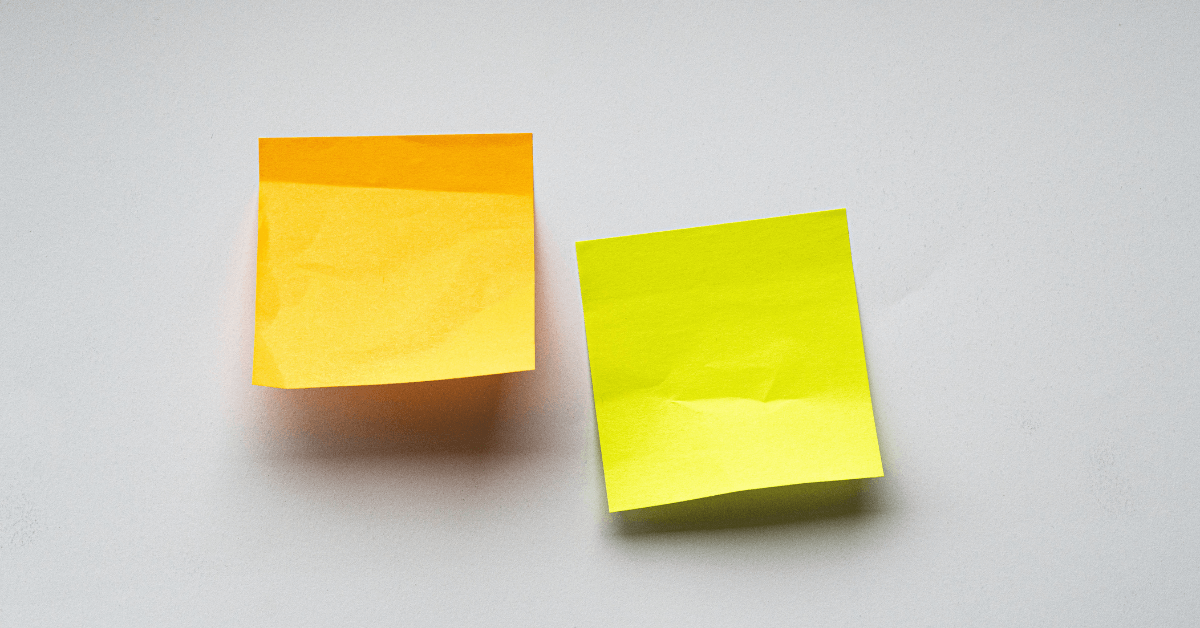
09 May My “Quick” Tips For Living With Mental Health Challenges
Mental health isn’t something that is solved with 7 quick tips from a young person on the internet. I get that. The complexity of a person’s story and the depths of the needed healing are not concepts that are lost on me, and the more I live my life, the more I realize how little I know about the human heart and mind.
That said, as I make my way through the months and years of life through ups, downs, hurts, and healings, I want to share a few things that have helped me along the way. I will talk about products that make a difference for me, lifestyle components, and going a bit deeper in the healing process.
Fidget Things. These have certainly been popularized in recent years, and often come in neon colors, flashy styles, and tout reduced anxiety. Sometimes I like to refuse certain trends just to feel like I have some sense of autonomy and make a point that not every fad is a good one. Fidget things/toys would be one of those things that didn’t particularly make sense to me. But immediately following a life-or-death situation that precipitated a substantial amount of anxiety, I found myself CRAVING tactile stimulation. I was constantly holding things (pens, water bottle, the edges of clothing) as if my life depended on it. And in a season where I was surrounded by young people with a variety of backgrounds and brain styles, I realized I was not the only one with frantic fingers, seeking reassurance and continuity. Me and my team implemented fidget-friendly staff meetings, and I was in awe how immensely beneficial it can be to hold something mundane yet mechanically complex when stressed, depressed, tired, or on-edge.
But even if you’re a professional or not on board with having neon poppable floppy toys, you can still find an outlet. A textured ring, a unique bracelet, or lower profile fidget things (like connected key rings, a dynamic pen, etc) can be more grounding than one might expect.
Weighted Blanket. Particularly when it comes to trauma and the associated symptoms, I find weighted blankets to be outstanding. When adrenaline is flowing freely despite attempts at sleep, having a weighted blanket is grounding and reassuring. When the world feels unsafe the blanket is a refuge and protection. When reality itself is confusing, the weighted blanket is a firm yet gentle reminder of exactly where I exist. The general rule of thumb is to get a blanket that weighs about 10% of your weight. So a person at 150lbs would get a 15lb blanket. I weigh less than 150lbs and my everyday blanket is 25lbs, but it is perfect for me and my needs. You may have to explore different weights, and see what works for you.
Music. Speaking of sleep, did you know that on Spotify, there is a sleep timer? When panic, depression, or stress keeps or wakes me up, I listen to songs of lament and instrumental worship or indie folk.
L-theanine. Supplements can be hit or miss. We all have unique body chemistries and using natural products is going to look a little bit different for everyone. L-theanine was something my counselor recommended I try when I feel triggered, have escalating stress, or feel a panic attack coming on, and I figured I didn’t have much to lose by trying it. It’s an amino acid found in lots of foods, but primarily extracted from green tea and isolated into a supplement. I have chewable tablets (of 200mg) and they make a noticeable difference. Do they wipe out anxiety and give me peace? Not really, no. But they do noticeably help level out the internal chaos, bringing a bit of mental clarity, and helping me feel like I can manage a little bit better. And to me, that’s entirely worth having some on hand. During seasons of especially poor sleep and/or nightmares, I took 200mg L-theanine with 1mg melatonin an hour before bed, and it worked 100% of the time to bring quality sleep (I did this for about 4 weeks, before tapering off). THAT alone felt like a miracle.
Hobbies. For me, having a hobby that I love and that is a refuge to my entire being is crucial to medium/long-term well-being. I regularly do kintsugi, which is a type of art that restores broken ceramics using gold to highlight the cracks. Read more about the inspiration behind how I started here. Smashing dishes is downright fantastic. Sitting with the broken pieces is solemn, and yet exciting. Lining each piece with gold is rhythmic and calming. Putting each piece back into the whole is delightfully satisfying. I typically listen to my lament playlist while I do it, and as my hands work with the broken pieces of plates and mugs, I let my mind connect with the songs that approach God and invite him to work with the broken pieces of my life. I let my actions be a reflection of my heart posture, and it is through the process that my heart is constantly pointed back towards poetry and beauty. Whether it’s anxiety, frustration, depression, panic, or fear, there is hardly a better place to be than sitting with my Creator.
For you, it might be hiking where nobody else goes and sitting alone in the woods. Listening to the birds, being reminded how the Heavenly Father cares for his creatures, and will indeed care for you too.
Maybe it’s gardening and being reminded of how we partner with God, but no amount of worrying will produce fruit. Rather, we get to sow and water, and God alone brings the growth. That there is a season for sowing seeds, and that the season for harvest will take time. And as you tend to garden, you realize that God is tending to the vines in your life too.
Or maybe it’s putting a puzzle together, sitting in the calm of a life in pieces, knowing that in due time, God is putting together something wonderful. That you may not have all the answers right now, but one-by-one, He will faithfully put each piece in its place.
You see? Spending time with God can look like Bible-reading and singing worship songs, but it can also look like baking, hunting, and running. In the midst of our break-neck pace of this world, I encourage you to find something that gives you life, and that brings you closer to Christ. In seasons where it’s nearly impossible to even look up, take heart. You do not need to fake being ok in order to approach or spend time with the Living God. “Blessed are the poor in spirit, for theirs is the kingdom of heaven” (Matthew 5:3).
Writing. Considering you’re currently on my blog reading about mental health, this one’s a real shocker, I know. But you know the classic parenting phrase “use your words,” generally used in the context of a toddler having a meltdown over an unspoken like/dislike/want/fear? I may not be a toddler, but when I’m having a hard time, using words to bring definition and clarity to the mess is one of the most useful things I can do. When ink meets paper (or keystrokes meet a Google doc) there is a precision and finality that is comforting. Chaotic grey becomes black and white. Exaggerated emotions are faced with reality that is usually more straightforward than they would lead a person to believe. And the world doesn’t feel so overwhelming anymore. An added bonus is that writing is a continuous and tangible stream of words, so you can take your time, re-read them, and process everything thoroughly. I also find it comforting to write prayers about my circumstances to punctuate each entry. It’s a beautiful thing to go back and see how God showed up in different circumstances, and it recenters my focus on the One who is greater than anything I’m facing. The One who is walking alongside me. And the One who promises ultimate redemption on a day He calls “soon”.
Counseling. I’m not entirely sure if “counseling” qualifies as a ‘quick’ tip, but hey – if hobbies count then so does going to therapy. But in all seriousness, this has been by far the most important factor in dealing with PTSD, panic disorder, and depression, and if you’re reading this article and taking notes, then this is an important thing for you to consider. You can make hundreds of lifestyle adjustments to cope with the symptoms you’re dealing with, but that is not where lasting healing lies. There is freedom in healing. There is hope.
There are so many things I wish I could say to you. I’ll start by saying that having someone hear your story, challenge the lies that you (unknowingly) believe, and help you get regulated is good. It can be called “renewing the mind” (Rom 12:2) and, in the context of quality Christian counseling, it can also don the label of CBT (cognitive behavioral therapy). Having someone to call your bluff and shoot straight is biblical, (“Faithful are the wounds of a friend, profuse are kisses from an enemy,” Proverbs 27:5) It is wise to have someone experienced give input in your life and overall direction, (“Where there is no guidance, a people falls, but in an abundance of counselors there is safety,” Proverbs 11:14). Being ruled by your feelings or false beliefs is not what God intended for His children. There is Truth, and it is Jesus. But repeating back Bible verses doesn’t automatically mean we believe them deep down, no matter how desperately we want to. It may take someone actively and consistently challenging our thought patterns in order to replace our ingrained fear, with trust in God. It may take accountability to establish reflexes of Christ-centered hope.
He is known as a God who heals, delivers, and redeems the brokenness in our lives, and He does that through sovereign acts, seasons of organic healing, and yes, even through counseling. It’s not always linear. And it’s not always through one way OR another.
And it may take time, but find a counselor who is a Christian. Find someone you can trust and one who is willing and able to walk with you toward wholeness. I have two articles discussing finding a counselor who is the right fit, and you can check them out here and here.
Conclusion
A phrase I have taken to lately is, “I’m an expert in nothing but my own experience,” and it’s the basis for this article. Human beings are wildly complex and wonderfully created, and the scope of the science is enormous. I can’t bring scientifically-proven methods to change your life nor can I guarantee any improvement upon implementation of my tips. But as one struggler to another, these are the seven most thoroughly integrated things I do/use on a daily basis to help manage my mental health. I would love to hear what you have found that helps you, be it in a comment on this page or through the “Contact Me” page.
-
Life and Worship in the Midst of Apathy
I am driven by striving. In one conversation with a Christian mentor, the words blurted out before I could properly weigh them: “Striving is what makes life worth living.” I wasn’t completely wrong, but I definitely wasn’t right either. A more appropriate statement might have been “Striving towards a goal is life-giving to me,” and yet with tears in my eyes as I grieved the loss of my ability...
06 August, 2023 No comment -
Invisible Exercise – Poems of a Friend
This poem is written by none other than my sister and friend, Sierra Wied. Having lived our lives in beautiful connectedness, I am thrilled to be able to share her musings, and am proud of how she is pressing into God’s desire for healing and hope. Enjoy!...
24 May, 2023 No comment -
My “Quick” Tips For Living With Mental Health Challenges
Mental health isn’t something that is solved with 7 quick tips from a young person on the internet. I get that. The complexity of a person’s story and the depths of the needed healing are not concepts that are lost on me, and the more I live my life, the more I realize how little I know about the human heart and mind....
09 May, 2023 No comment
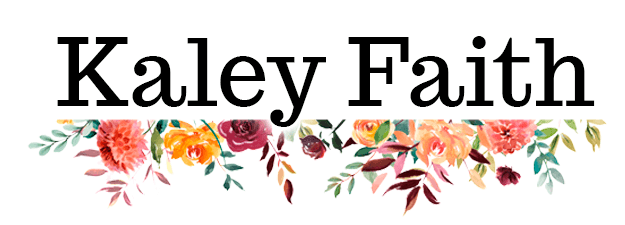

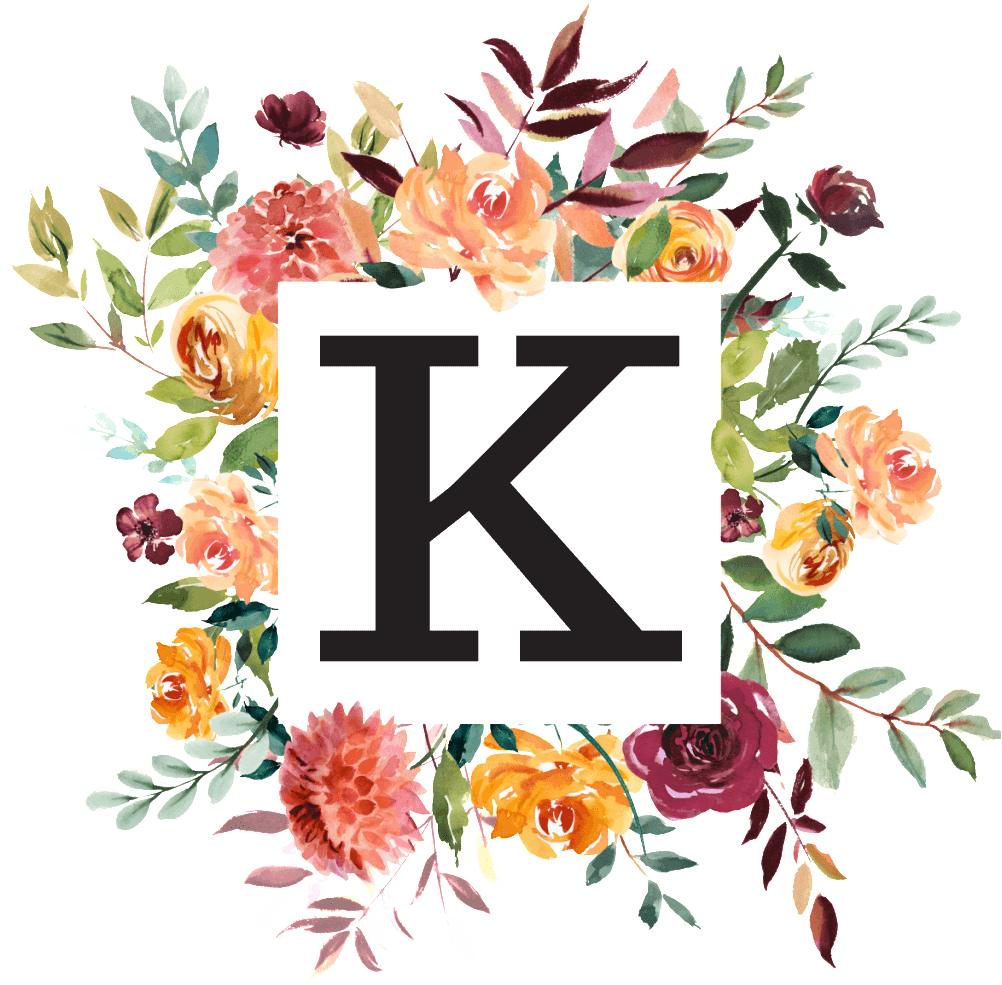
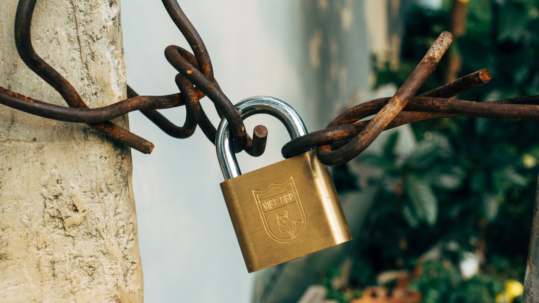

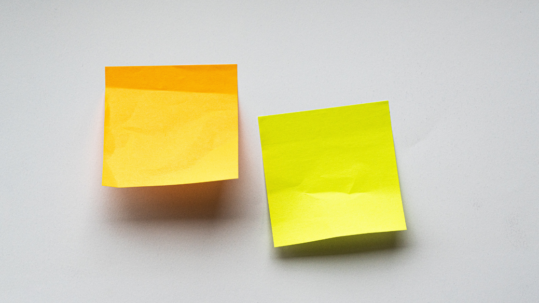
No Comments